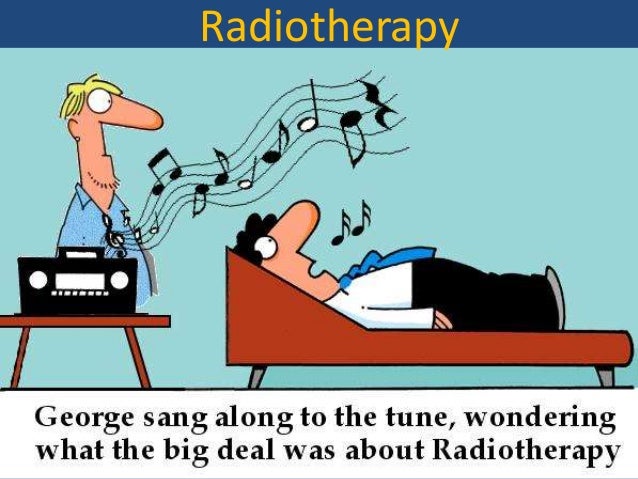Do you want a Private GP or a Paramedic? Are you aware of the differences in their training and the emphasis on differential diagnosis with a doctor? Would you pay extra to have a GP visit? This is an experiment that may not work! Since Trusts are not insured, but covered by the state compensation fund, (and in Wales the reserved amount is greater than one year’s budget) this could be short termism at it’s worst, as either the beds are still filled, or the litigation bill rises. The post code lottery has dug itself in to N Wales.
BBC News reports 30th April 2018: Paramedics to replace north Wales’ GP home visits
The difference in training time, costs, and then in risk in the two professions is reflected in undercapacity in diagnostic doctors. How did manpower planning get it so wrong? What planning is there for either litigation because of missed diagnoses, or for extra work in the local hospitals as the paramedics fail to reduce attendance? This is an experiment forced upon a government by the rationing of places and the poor manpower planning over decades and successive administrations. Graduate entry to medical school would help – in 10 year’s time.
We have 10 years of undercapacity of doctors in primary care, and in hospitals, particularly A&E, ahead of us. What better advertisement for private GPs to start in N Wales, and what a shame that Aneurin Bevan’s dream of an equal health mutual should be threatened this way.
Blaming the : Doctor shortage ‘fault of immigration rules’ does not fool observers of the 4 health services over a lifetime. Since 9 out of 11 applicants have been rejected, for decades, this is the real reason there is a shortage of doctors.

Traditional GP home visits could soon be performed by rapid response paramedics in a bid to reduce hospital admissions in north Wales.
A team of advanced practice paramedics would be available 24 hours a day 365 days a year.
It is one idea proposed by Betsi Cadwaladr health board (BCUHB) in a bid to transform primary care services.
The Welsh Ambulance Service said paramedics would complement – not replace – some GP practices.
It is hoped it will help stop people ending up in A&E.
A report by BCUHB assistant area director for primary care Wyn Thomas said the scheme would “address the immediate health needs of patients that, if not seen promptly, will end up being an unscheduled care hospital admission”.
The proposal, which aims to free up GPs for daily appointments and reduce A&E admissions, is just one idea to sustain primary care services to be put before the board at its meeting on Wednesday.
Another idea is to set up a “social prescribing service” to improve health and well being and “enable patients to be pro-active in managing their own conditions and well-being”.
Primary care services in north Wales have been under intense pressure in recent years, with one leading medic warning last year that a “crisis” in GP recruitment was “escalating”.
Since 2015, Betsi Cadwaladr University Health Board (BCUHB) has taken over the running of a number of GP practices across north Wales after they terminated their NHS contracts.
Now the board also plans to bring in a “flying squad” of professionals – doctors, nurses and practice managers – to help GP practices struggling with workloads and considering handing back their keys.
From 2015, the Welsh Government gave additional funding to health boards to improve the planning and delivery of primary care services and the BCUHB has already introduced changes.
These include having pharmacists, physiotherapists and other special services embedded in GP practices.
A Welsh Ambulance Service spokesman said it was working with the health board on the initiative to use paramedics for home visits, saying it was “currently in its early stages and contingent on funding”.
“If approved, a group of advanced paramedic practitioners will help to support primary care providers in some areas of north Wales where practices require assistance,” he added.
“We are committed to widening our clinical offer and will continue to work with BCUHB and other partners on system solutions that ultimately support patients.”

“According to the computer, you should be feeling better by now.”



 has changed, and the people in it have changed too. Now it is 80% female reflecting the underperformance of males at age 18 when applying for medical school. It may change even more, because with too few diagnosticians,
has changed, and the people in it have changed too. Now it is 80% female reflecting the underperformance of males at age 18 when applying for medical school. It may change even more, because with too few diagnosticians,


